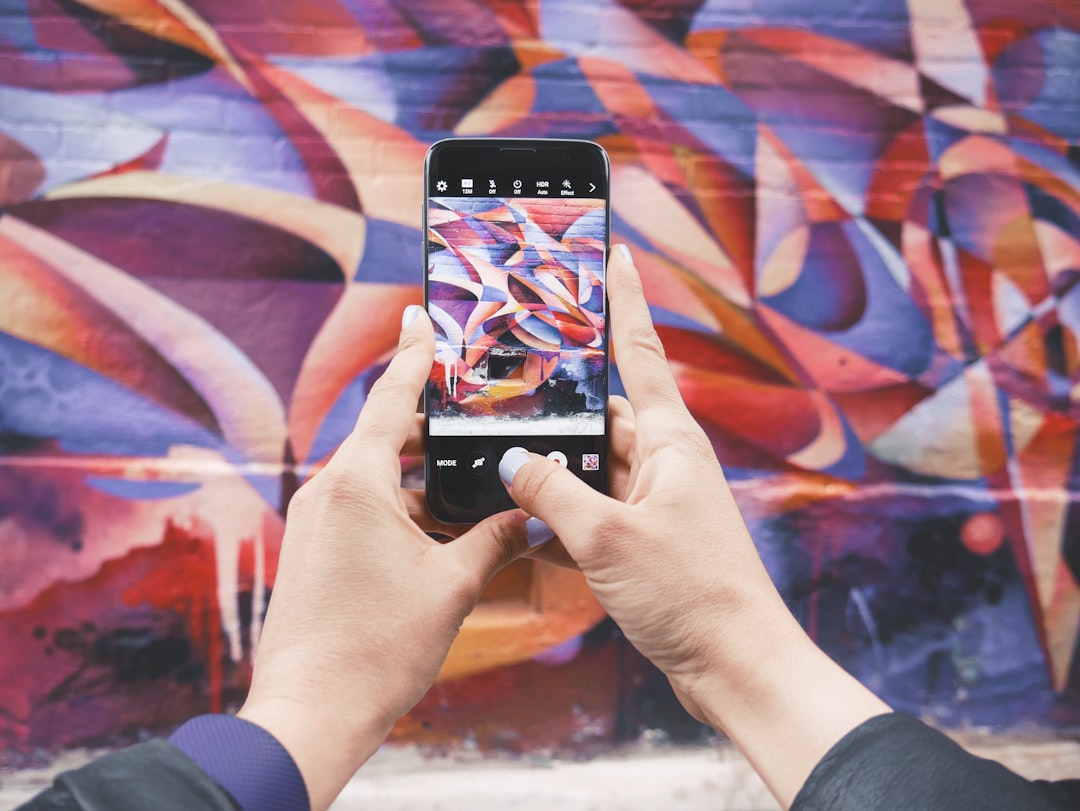Everything Is Media
Smartphones do the darnedest worldview-destroying things: Context Collapse #133
I have something to confess: I’m 41 years old.
Worse yet, I’m a 41 year old advertising consultant with a work background in journalism who’s now an upper-middle-class white guy running his own company who grew up as a downwardly mobile lower-middle-class kid in the punk rock scene. Very specific demographic, very specific slice of the Oregon Trail Generation.
Ye Olden Times: Making Your Own Media Was Hard.
I brought up the punk rock thing for a reason. In my late-Clinton/early-Bush II youth, mass media was still our consensus media environment. Although there was cable TV and Bruce Springsteen saying there’s 57 channels and nothing on, mass media was mass media. Finding media sources more diverse than what you could find on television, the radio or mass-market movie theatres, bookstores or music stores required friction. The friction of seeking out a weirdo movie rental place like my youth’s Kim’s Video or an art-house/second run movie theatre or a weirdo bookstore or magazines-from-around-the-world newsstand.
For obvious reasons, stuff that was way easier in a big city or in a college town than in… the rest of the world.
Creating your own media was harder too.
Back in the 1990s, I published a punk rock zine called Media Blitz. My friends and I wrote the content, I laid everything out myself with exacto knife and glue and printed it either on the copy machines at my job at Officemax (Or, in one case, blew out my stepfather’s crummy home office printer/fax making copies. Sorry about that!). I collated and stapled it by hand, sent review copies to Maximumrocknroll, Punk Planet and Slug and Lettuce and dropped off copies at a few friendly stores to sell on consignment. (Editor’s note: Running a zine/having a band/record label in the 1990s pre-internet underground ended up being an accidental business school and project management crash course for a lot of people. Hey accidental learning!)
This is to say that there were significant barriers to entry to broadcasting your creative output or your thoughts to multiple friends or strangers at once.
You couldn’t just sing a song or write an article or film a clip or shout a rant and share it with the world. You had to record and distribute your music on tapes, CDs or vinyl, create a show for public access television, make a zine or hope a host on a call-in show would put you on air. Again, significant barries to entry.
Now: Making Your Own Media Is Easy.
In our year of the lord 2022, there is Twitter and Facebook and YouTube and TikTok and Medium and Substack and Snapchat and… you get the idea.
There are significantly good odds that you own and regularly use a device that can do hundreds of things extremely well. This device, known as a smartphone, functions as a full-featured media creation studio… even if it’s an older model from 5 or more years ago. I’m willing to bet good money that you don’t even know just how much your iPhone or Android thingamajob can do.
Among other things, they’re great for creating your own media and sharing it with either closed networks of friends/relatives/contacts or with the larger outside world via a host of free-to-use social networks and search engines that generate income through targeted advertising.
Those barriers to entry for media creation from ye olden times? Gone gone gone.

Bye Bye Mass Media
In fact, these devices worked so well in empowering ordinary, everyday people to become part of the media that the vast majority of them—the ones creating content that captivates the public while generating advertising income for the networks that distribute and algorithmically promote them—don’t even know they’re part of the media!
There’s also a whole host of streaming services who, by virtue of network effects around audience growth, are able to generate income by airing professionally- and amateur-created niche content for every possible niche that wouldn’t be economically feasible on cable television or on FM, AM or satellite radio or in independent movie theaters.
Which means everything’s fractured. That’s not a bad thing either.
Here in the United States, there are still the big broadcast networks and huge radio operators like Iheartradio. They’re just competing for audience against professional streaming services like Netflix and with professional AND hobbyist podcasters, YouTubers, TikTokers and Twitterers alike.
I work in marketing and advertising consulting, which means I’m paid well to help my clients navigate this weird new world and promote their brands to *their own* niche audiences. Their niche audiences happen to be customers using specialized B2B software or working in specific industries where there isn’t enough trade press—all niches equal to camping YouTube or frog song TikTok or surreal joke Twitter or whatever other niche gloriously takes over people’s media diets.
If I was going to get all high-faluting, I’d say this is probably an even bigger shift than the rise of television and that we’re in the middle of the biggest information revolution since Gutenberg’s printing press democratized learning and sparked a few wars and schismed a few religions in the process. And that we’re right in the middle of all of it.
With the internet, everything is media now and I have no idea what’s next. The good things and the bad things… I have no idea what’s next.
Do you?





